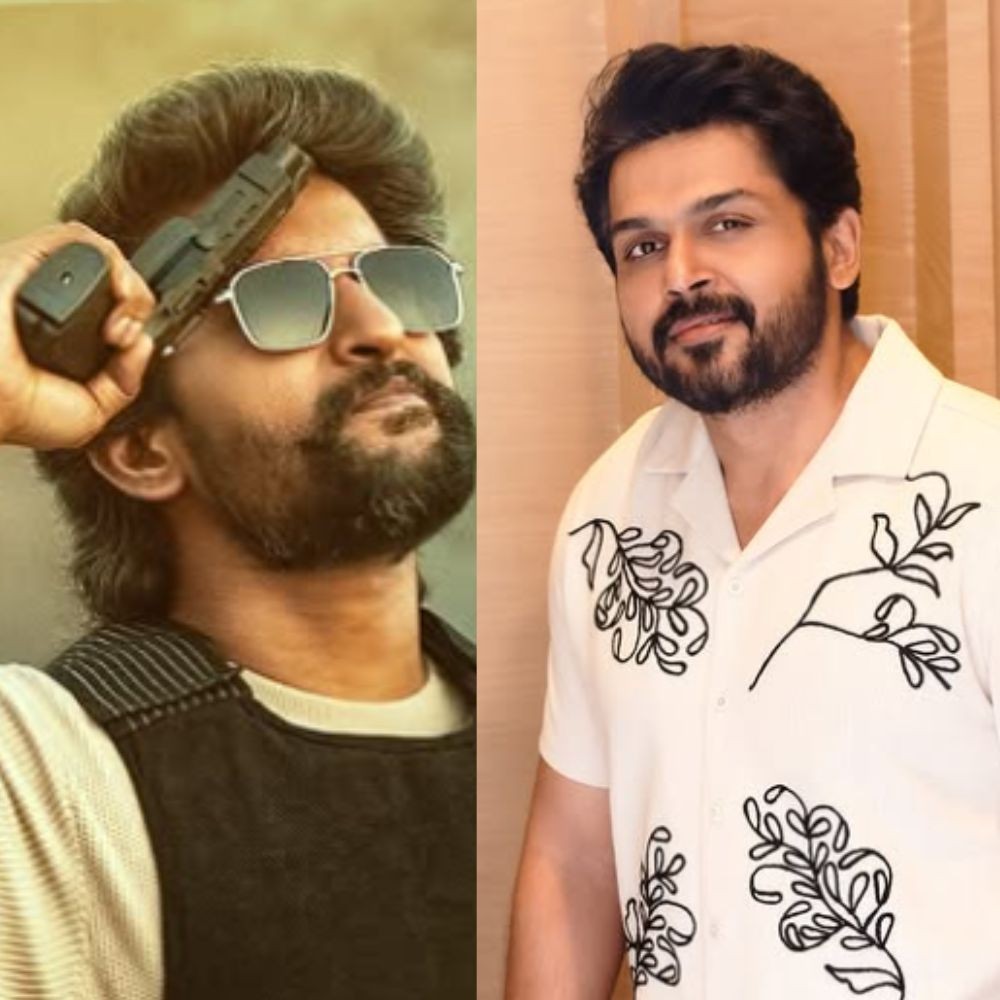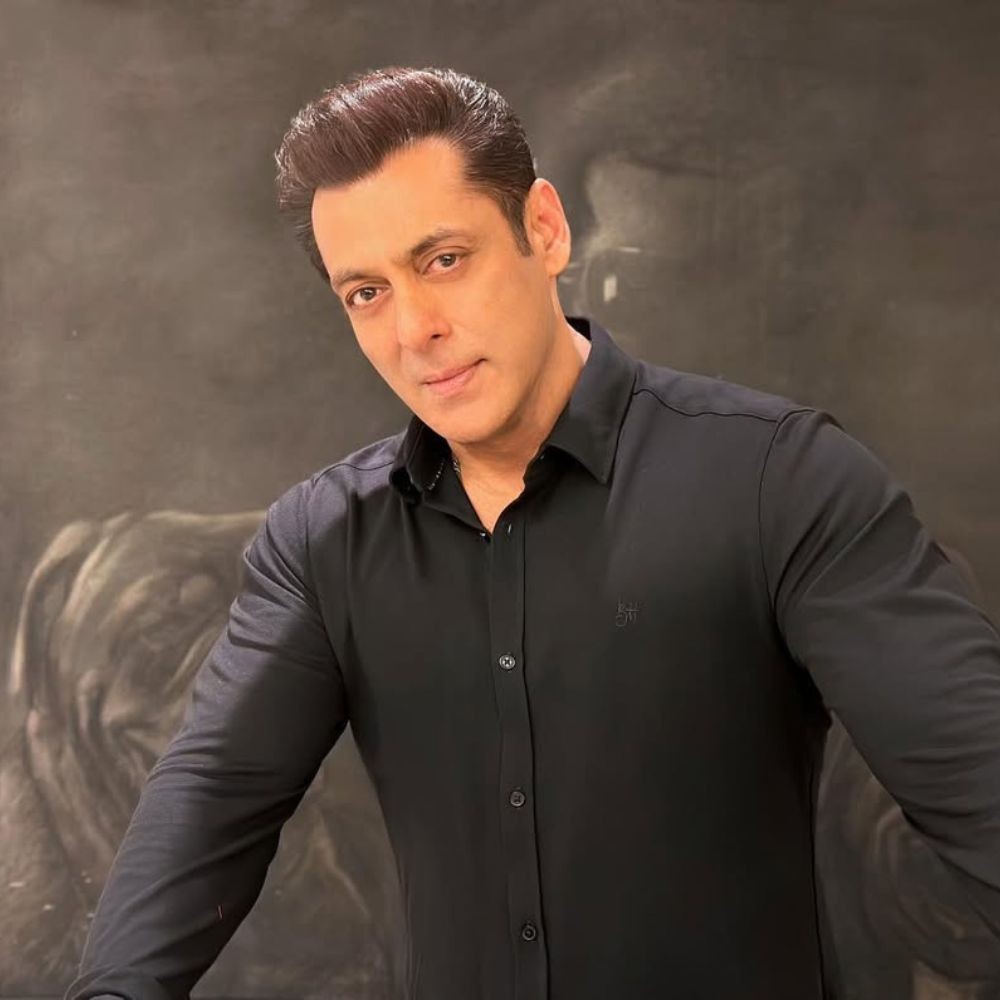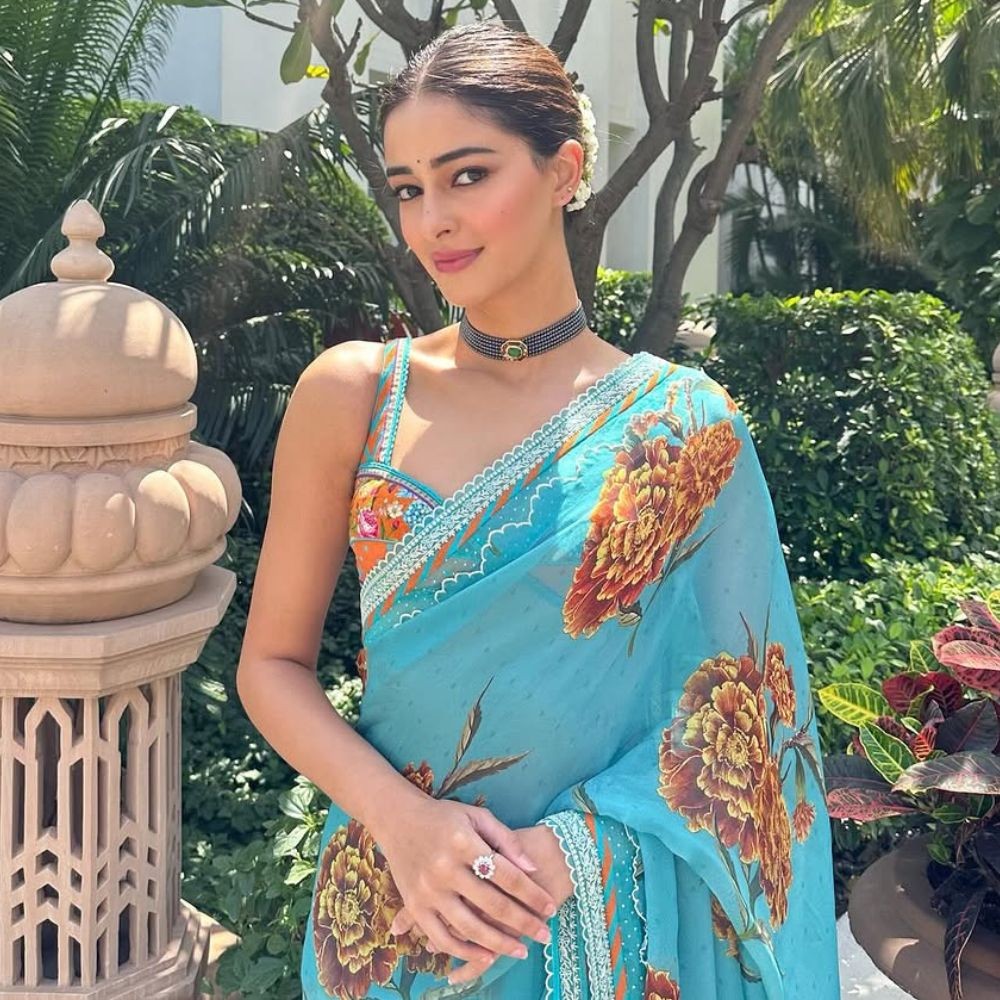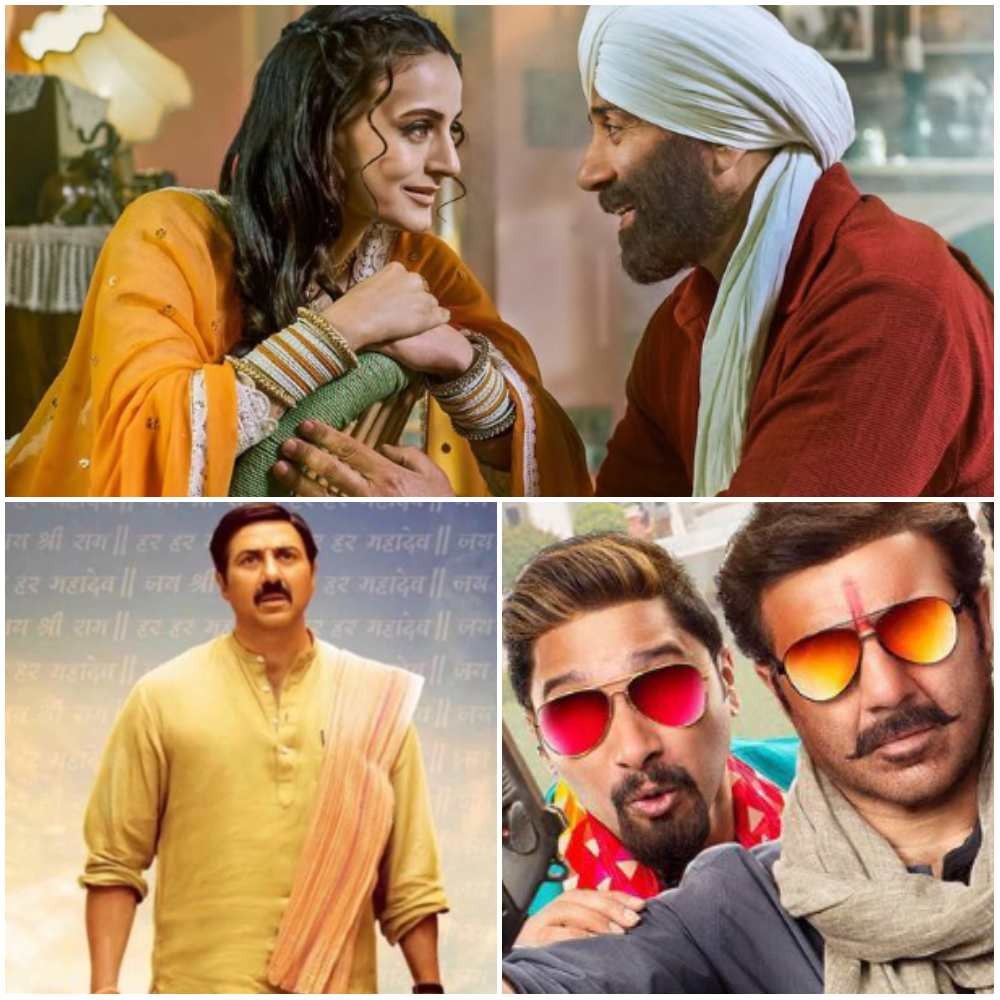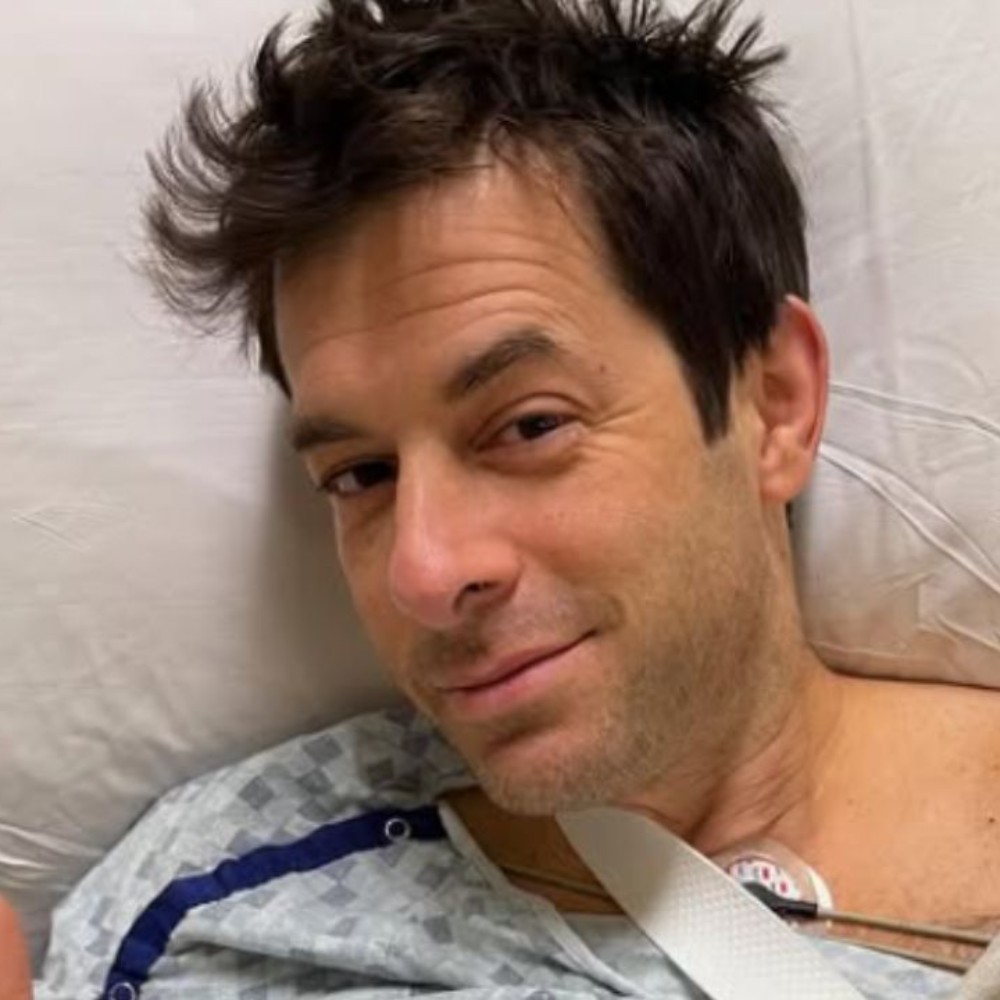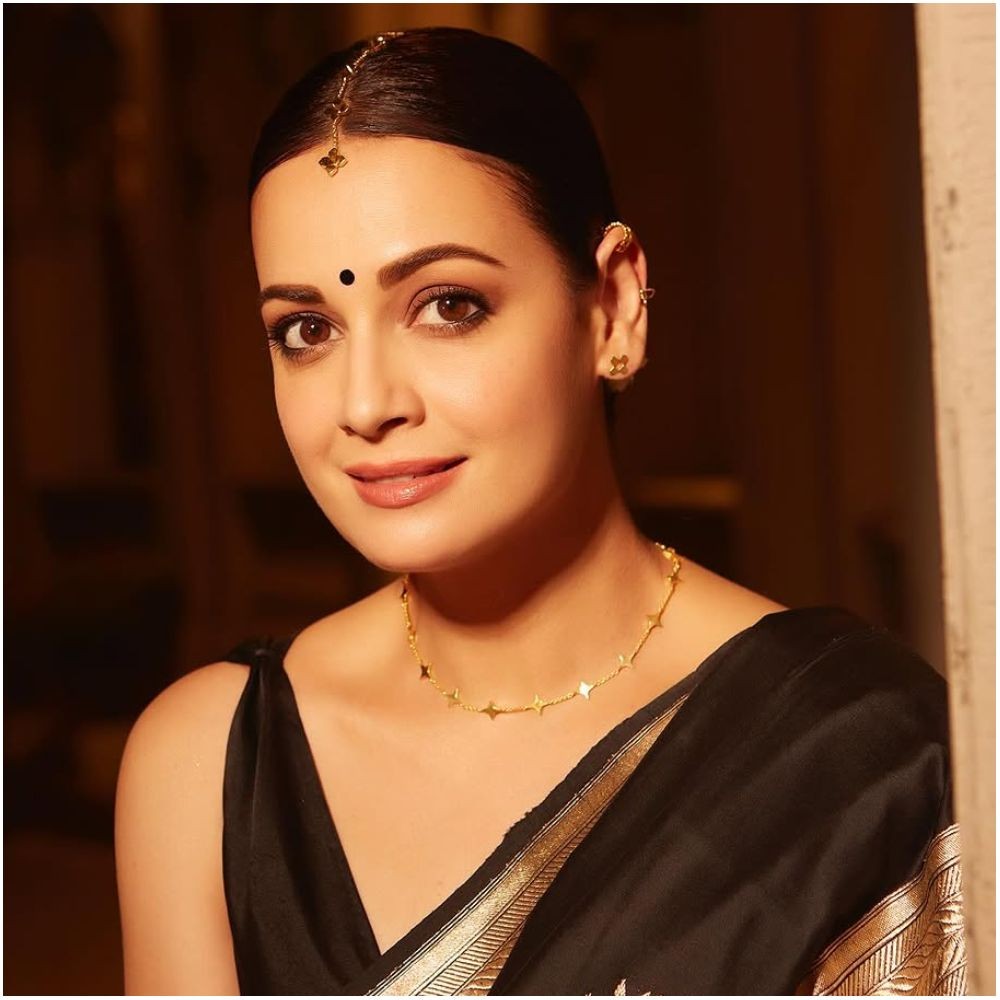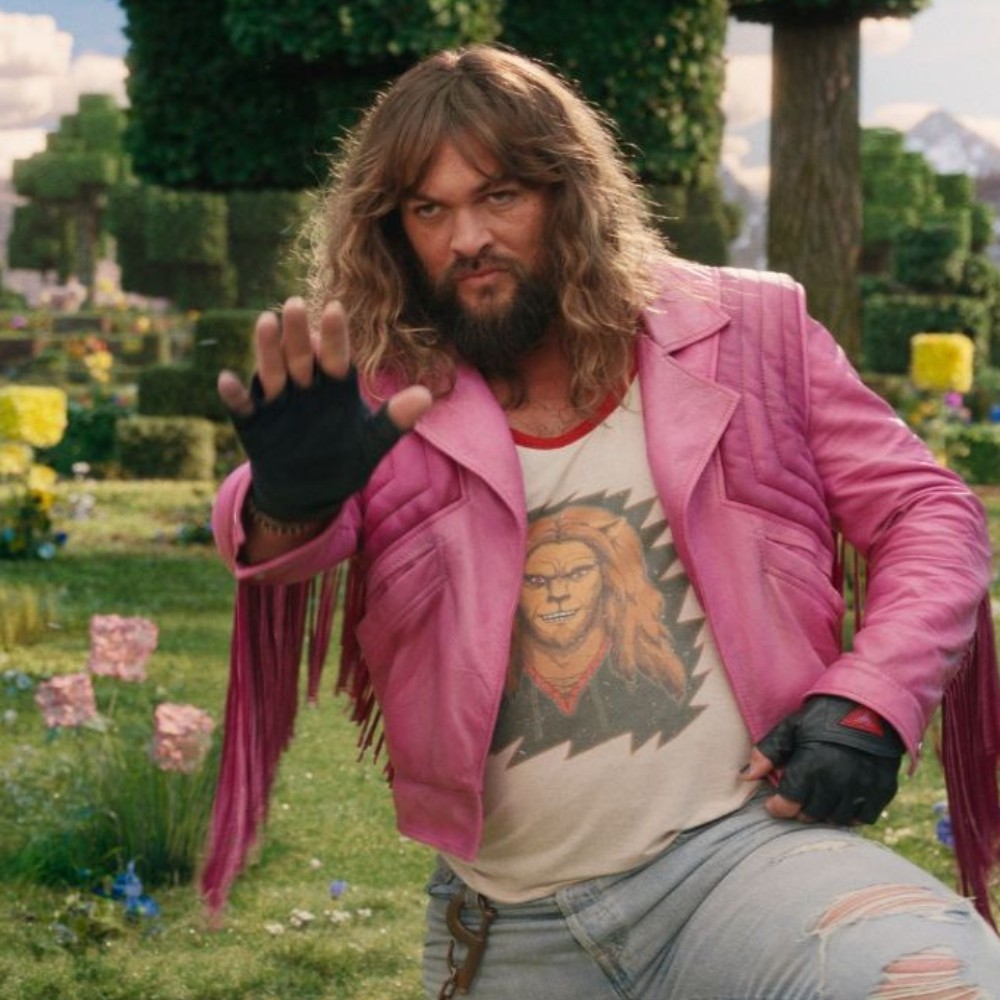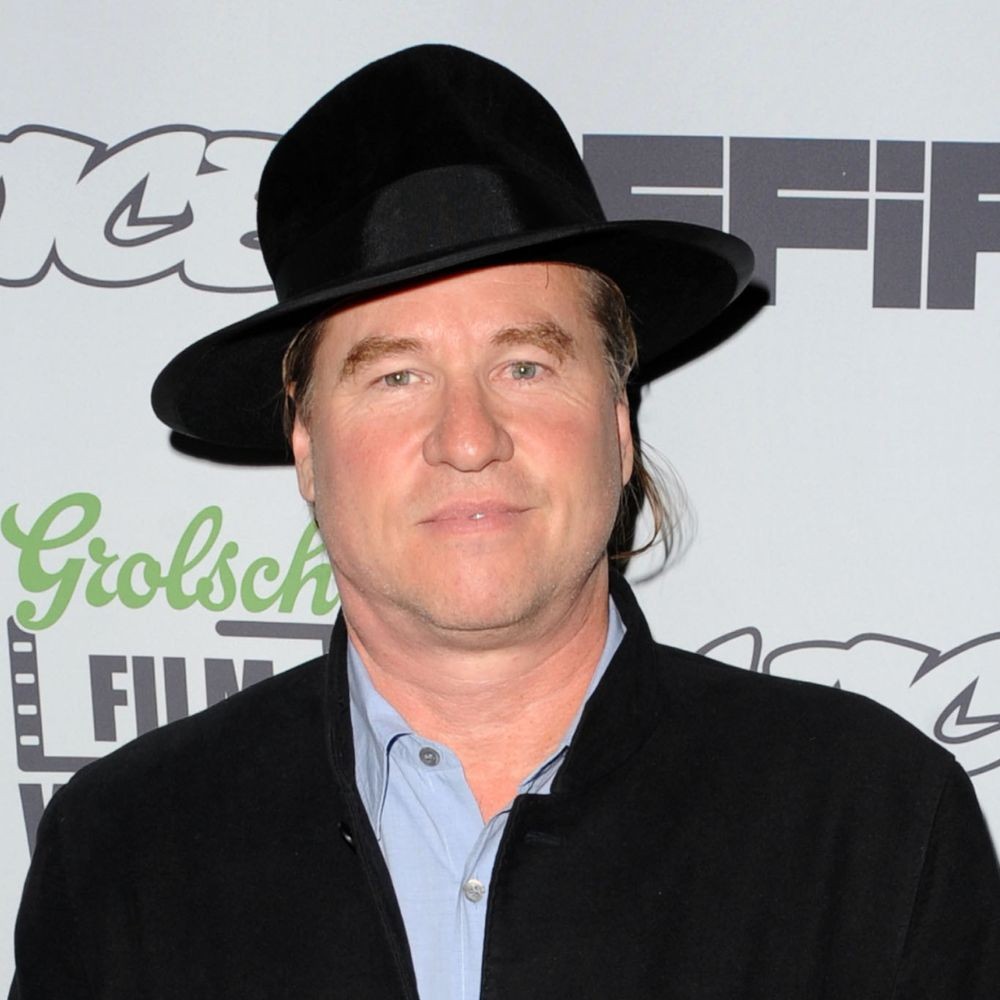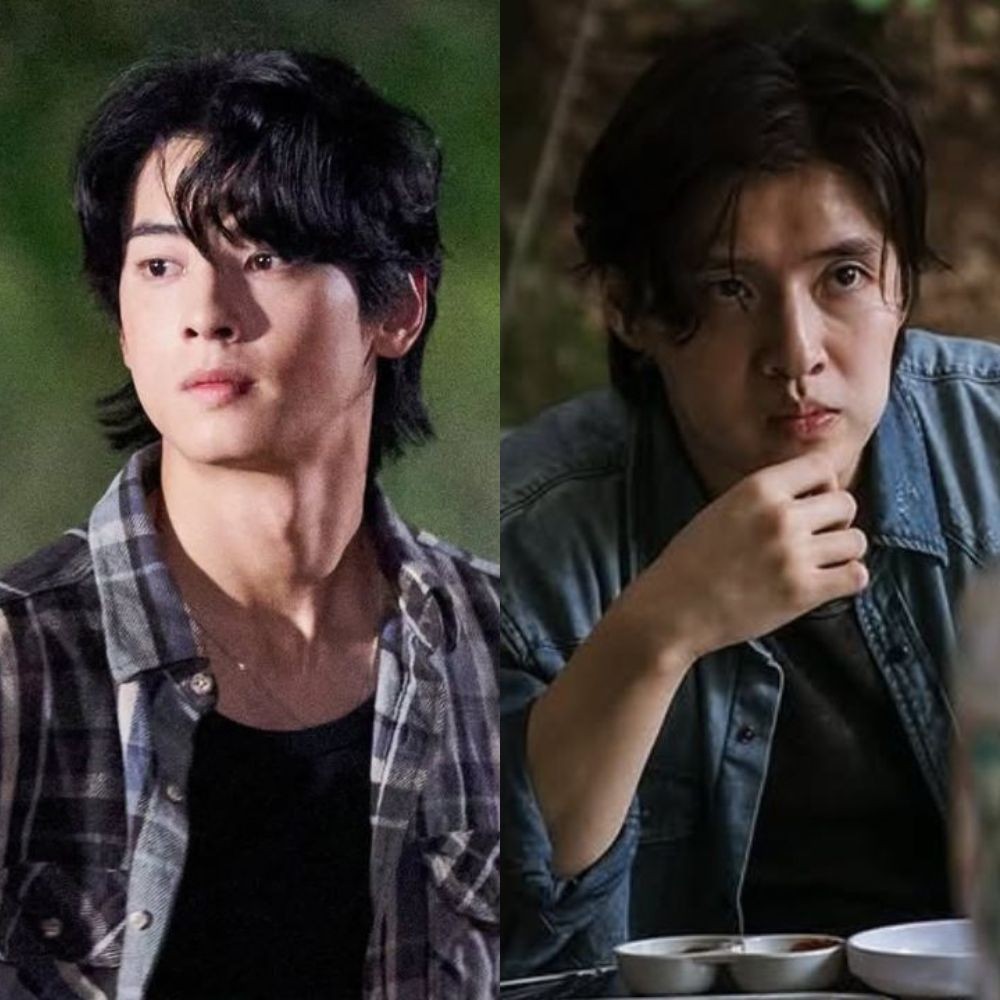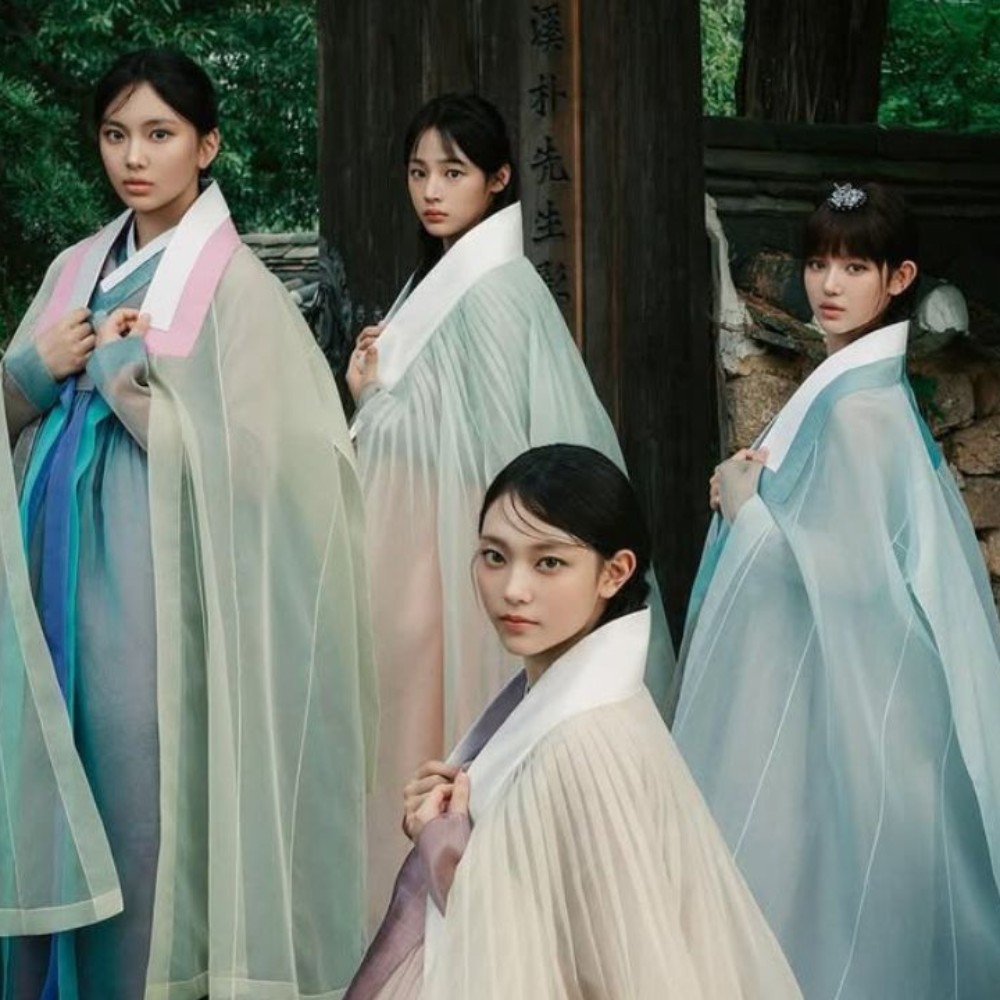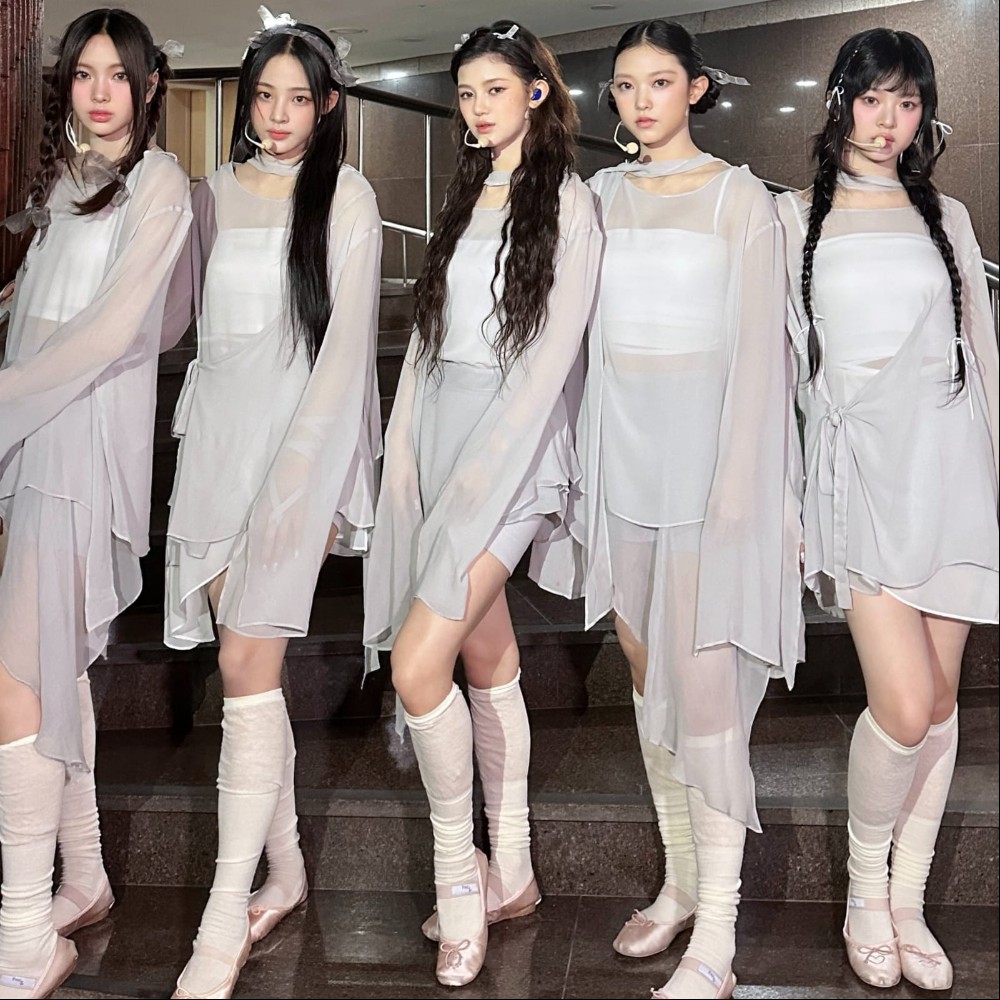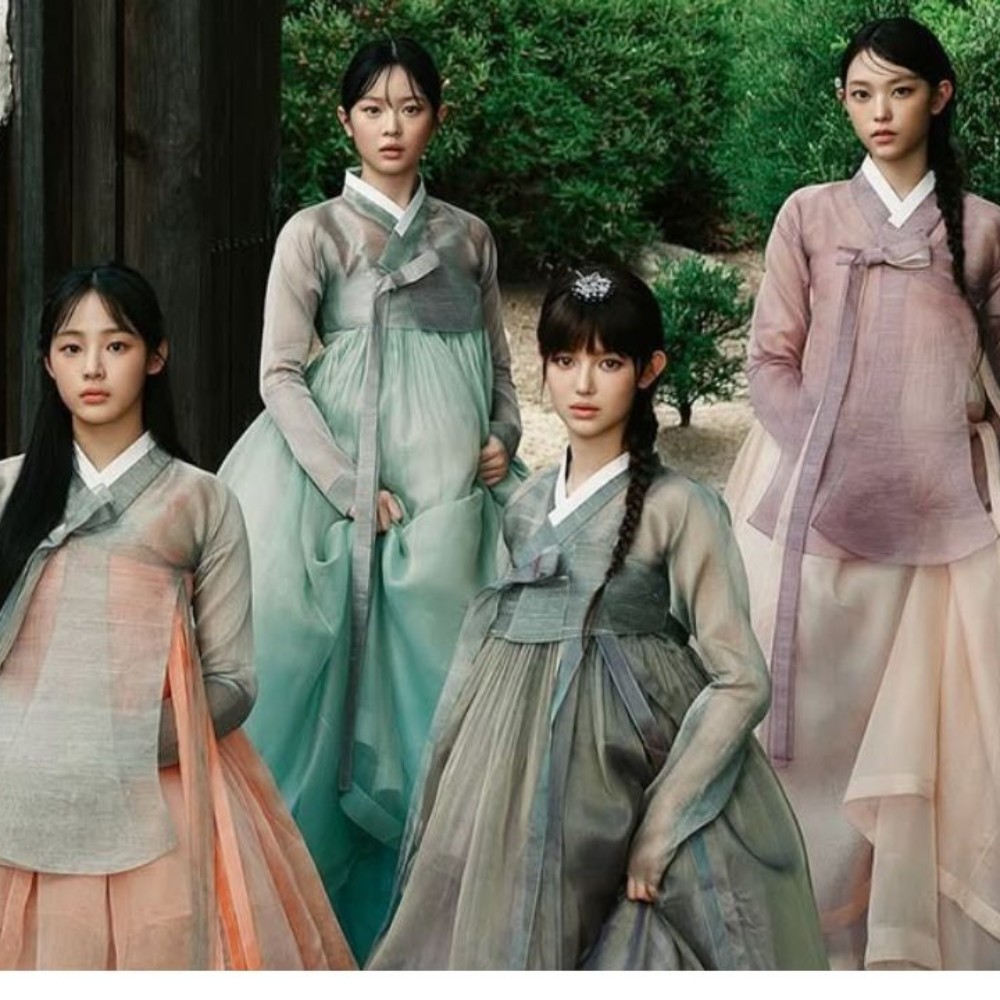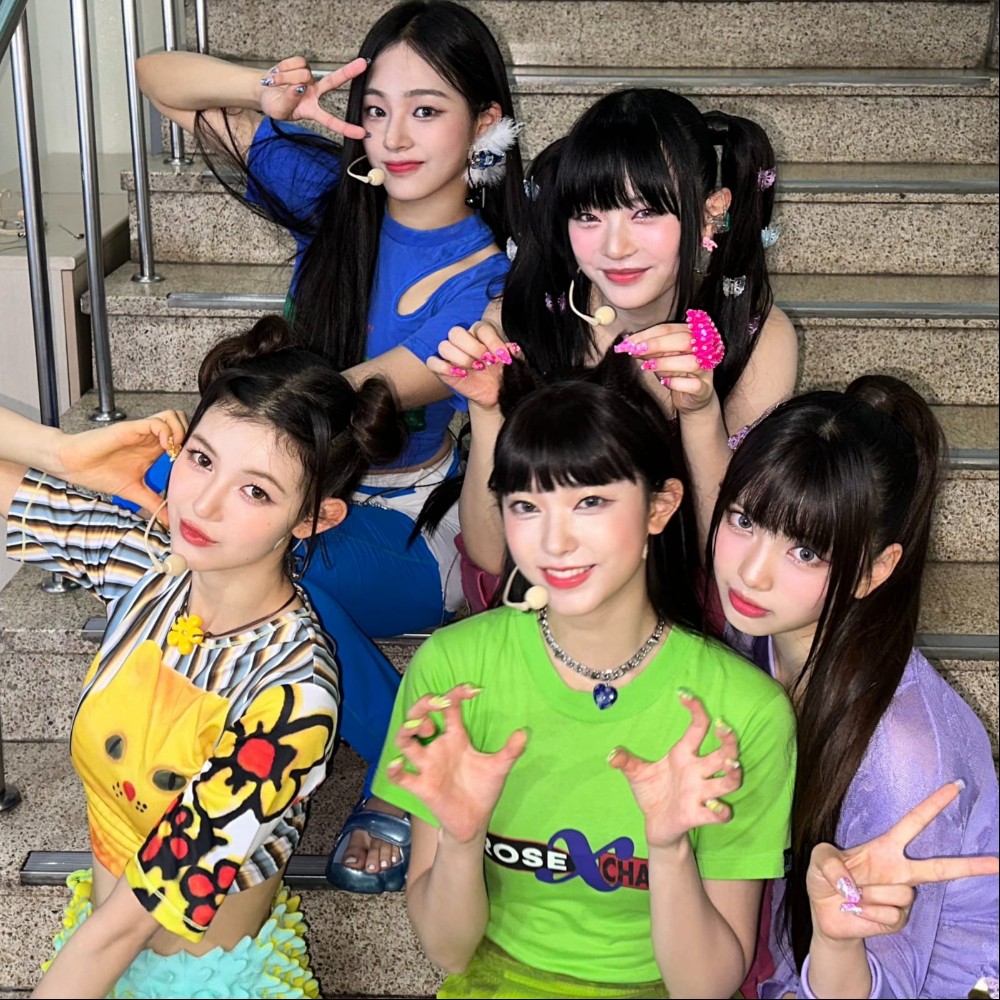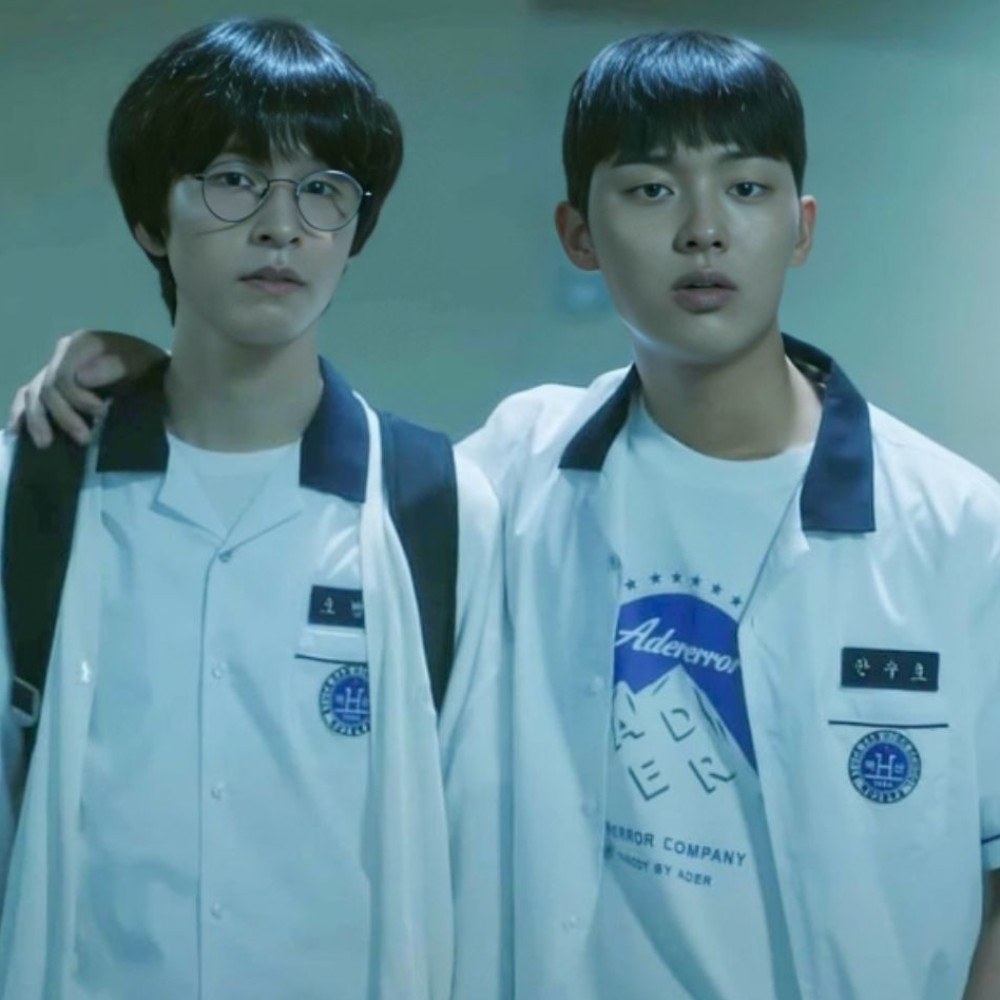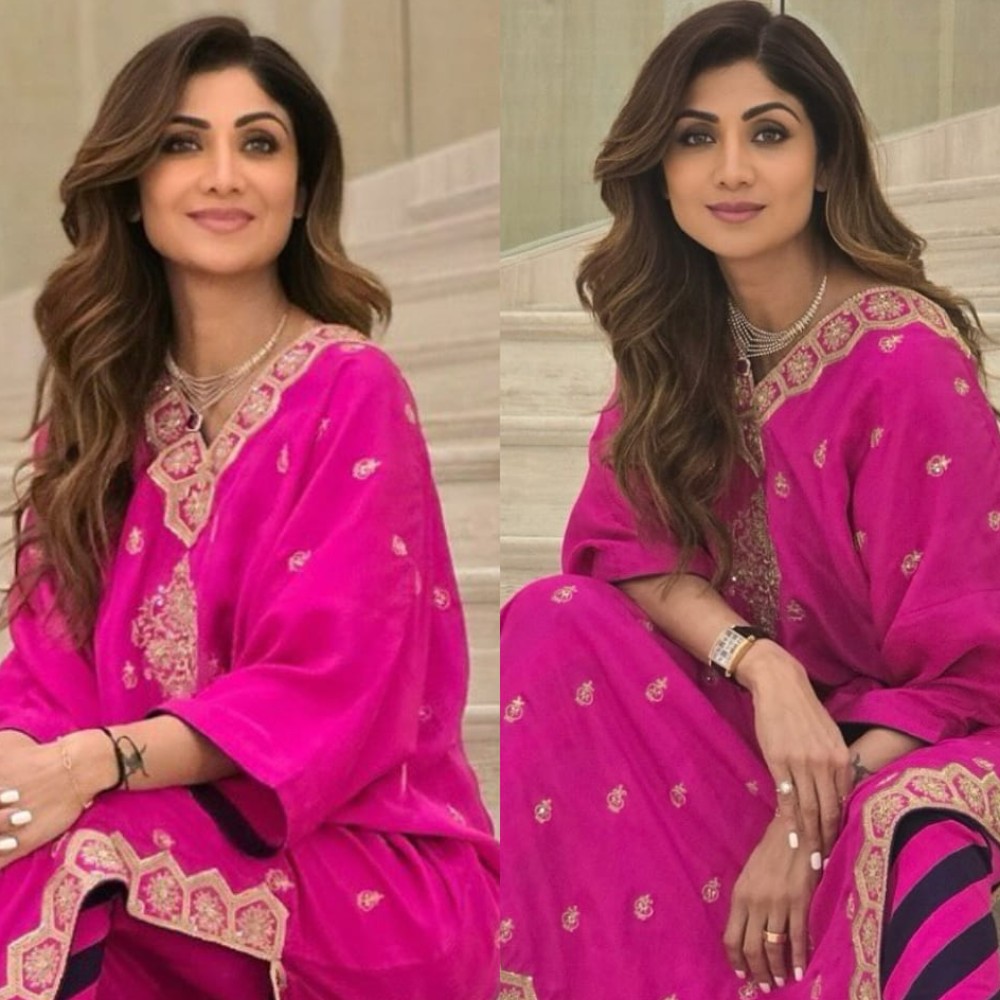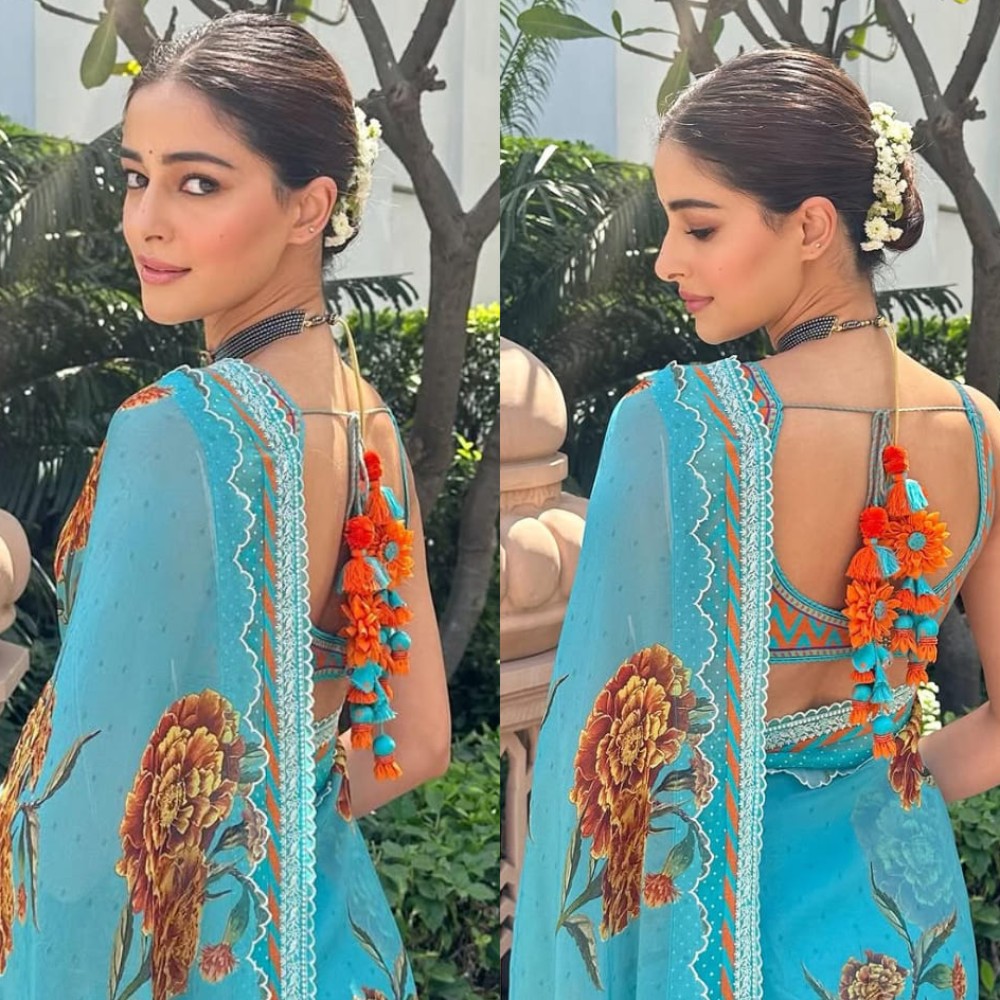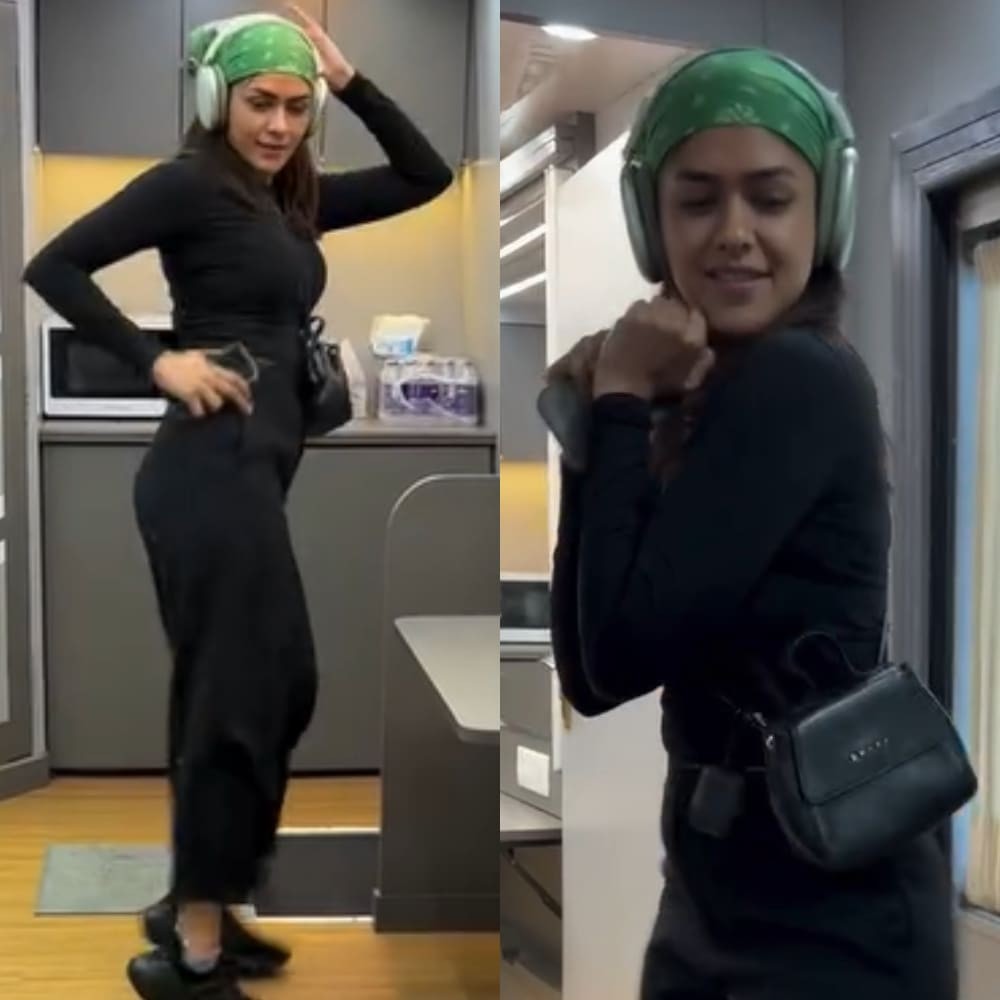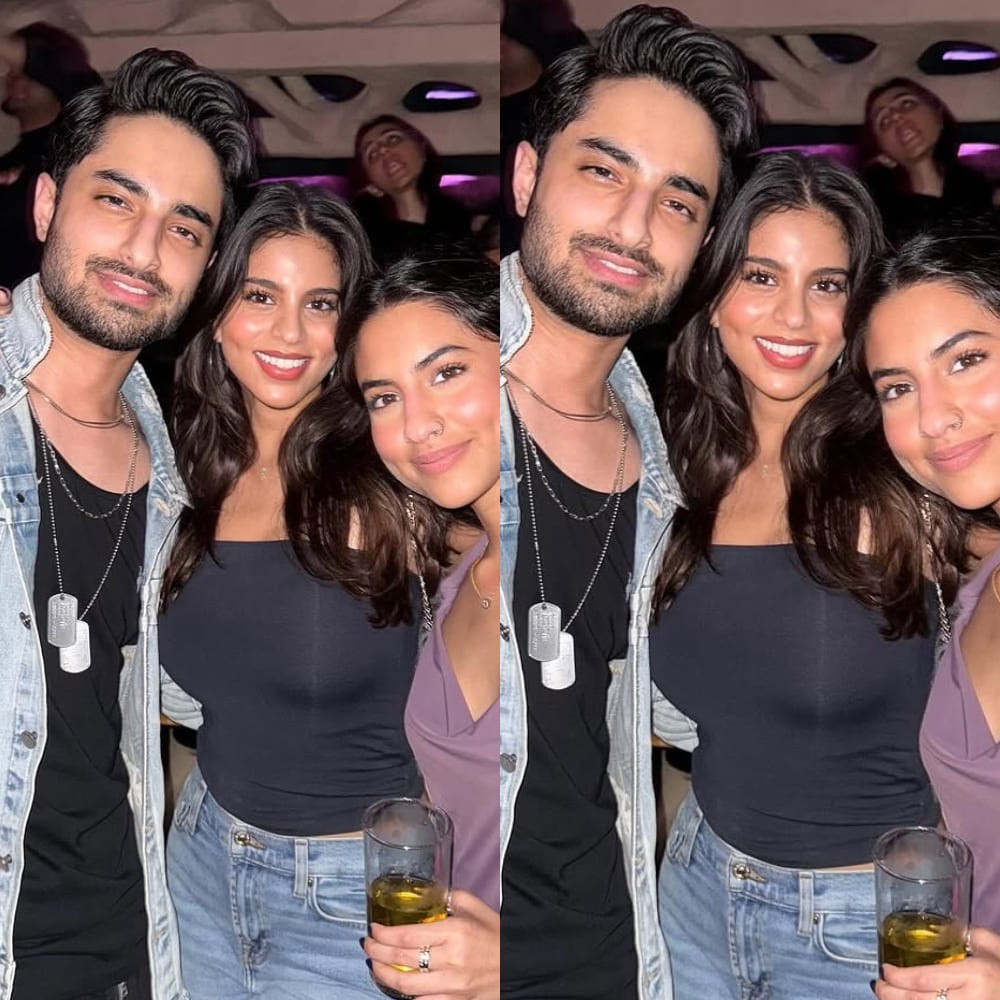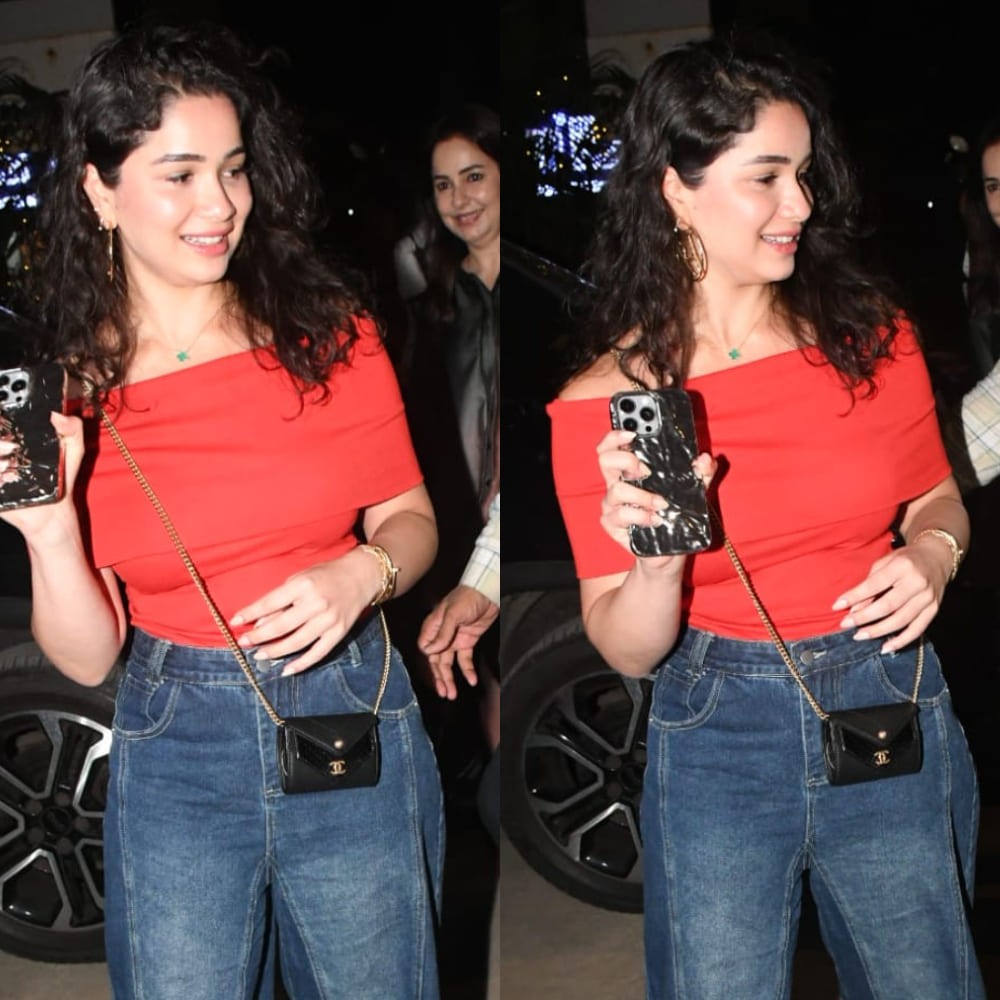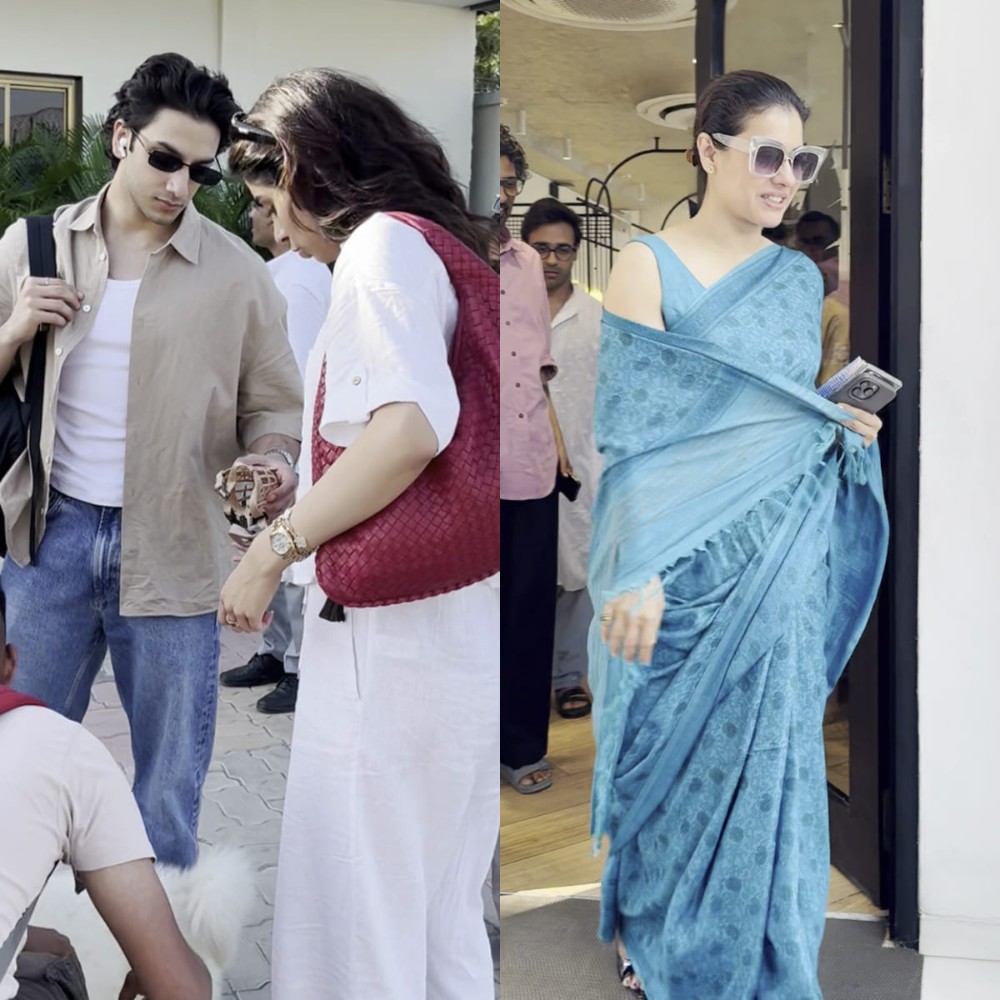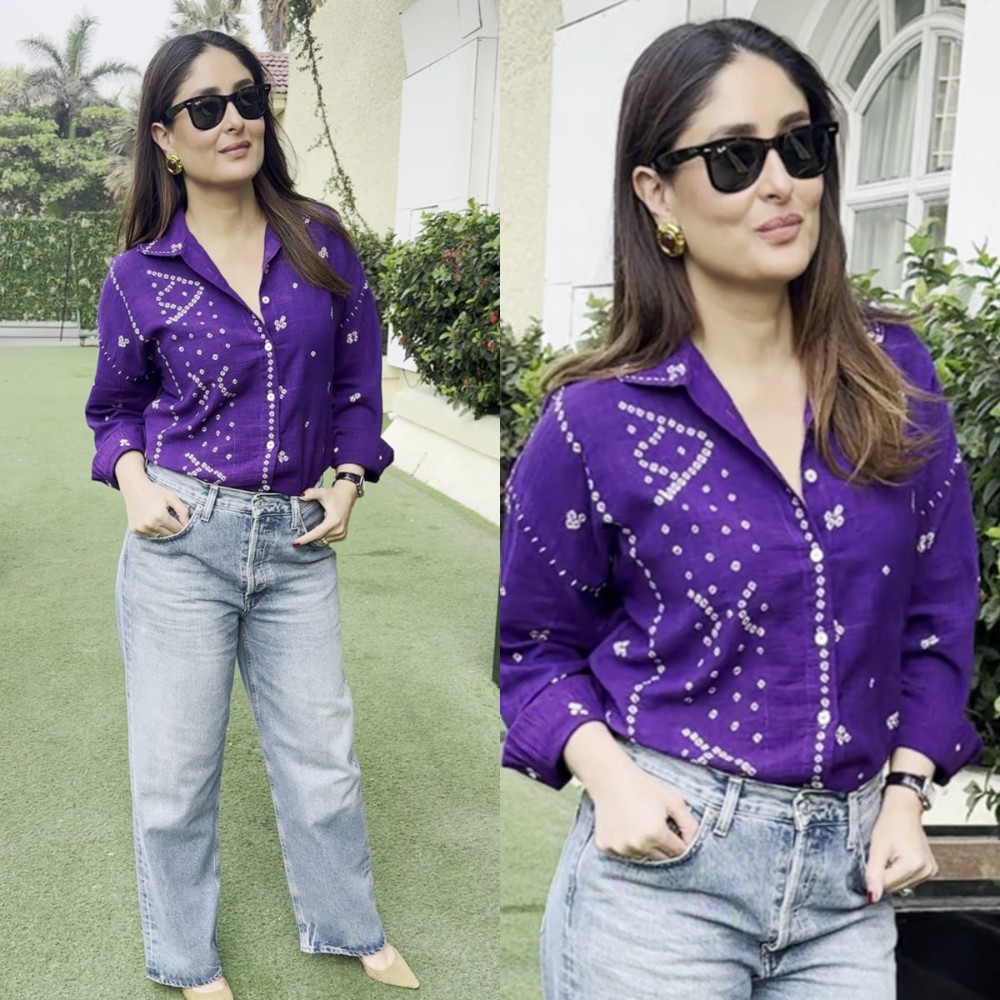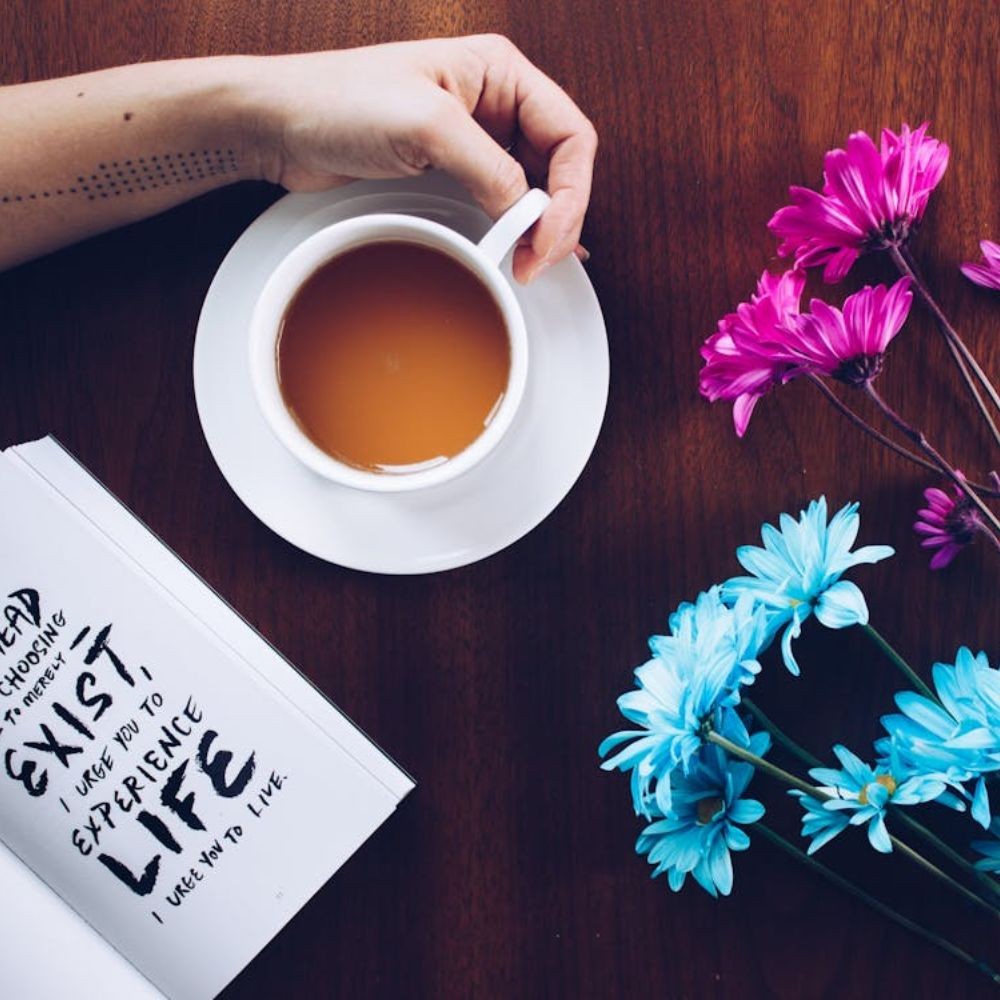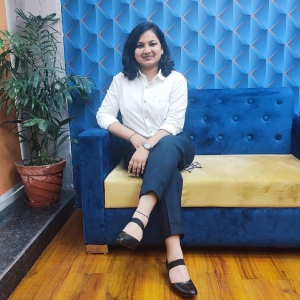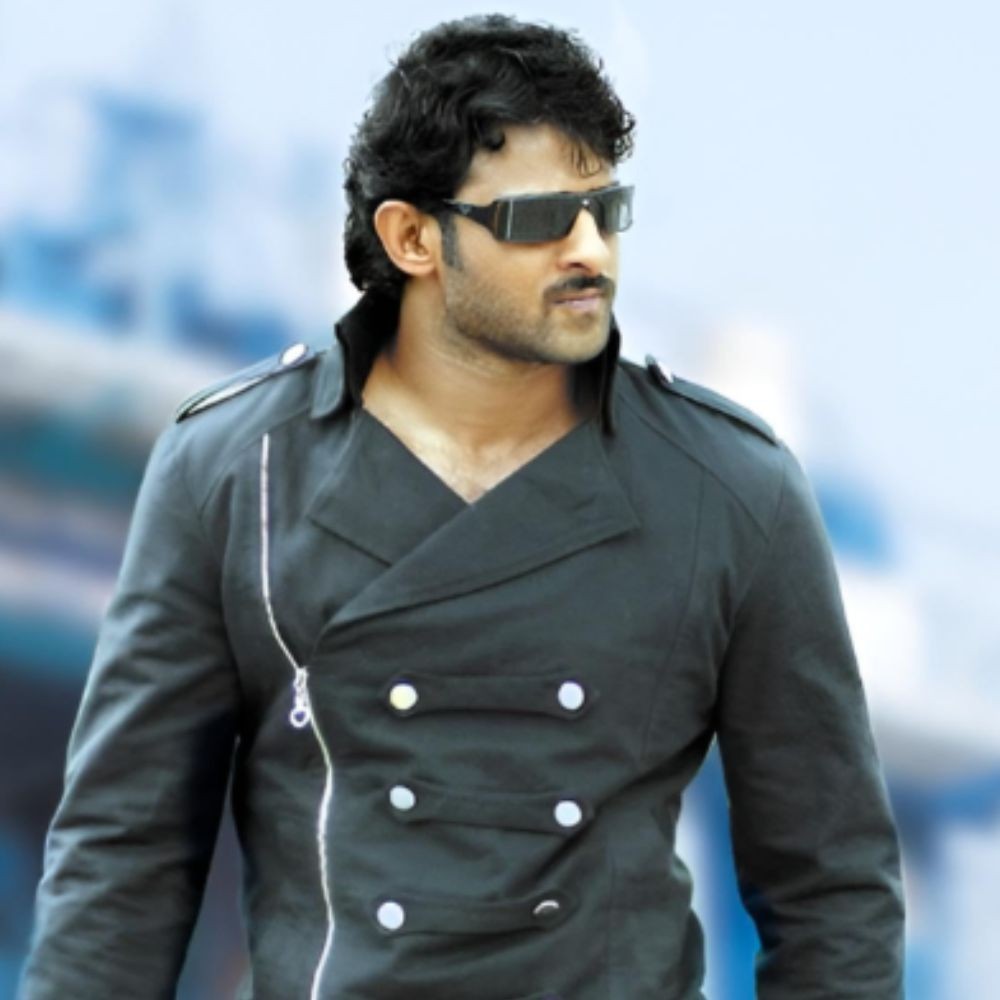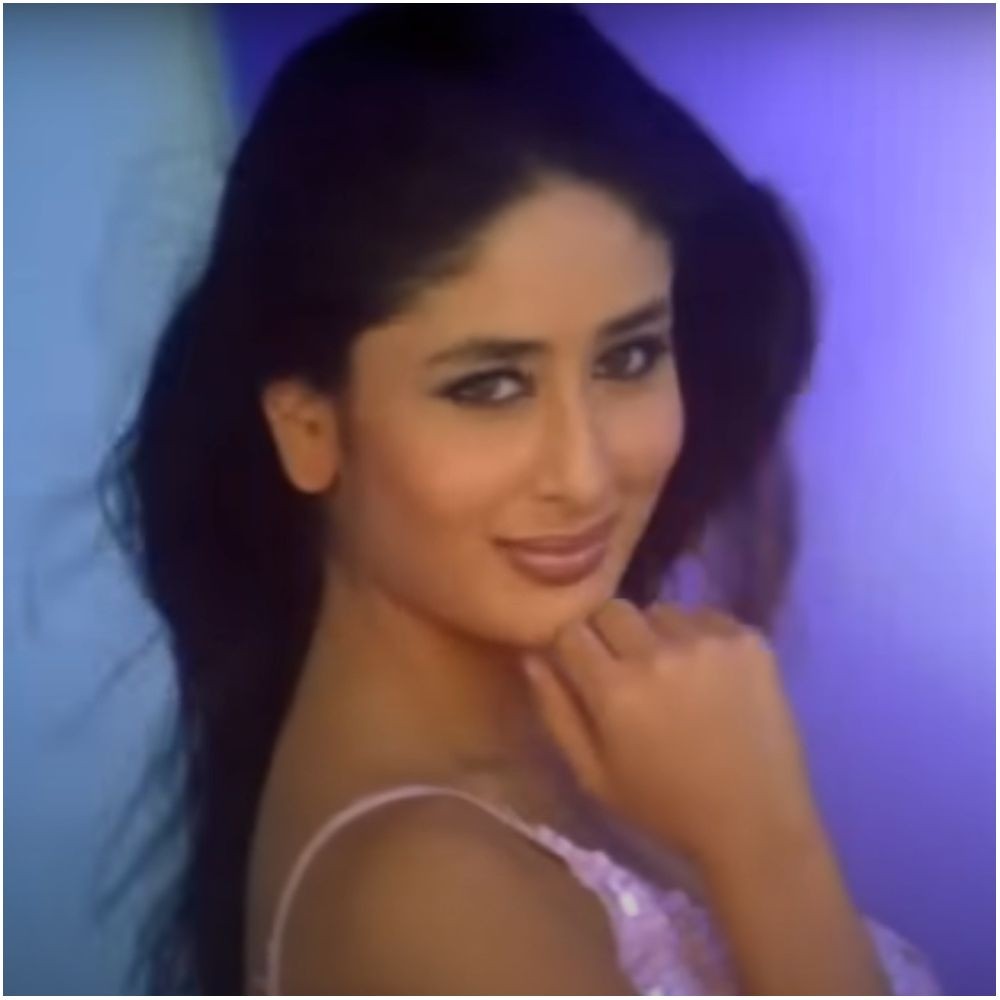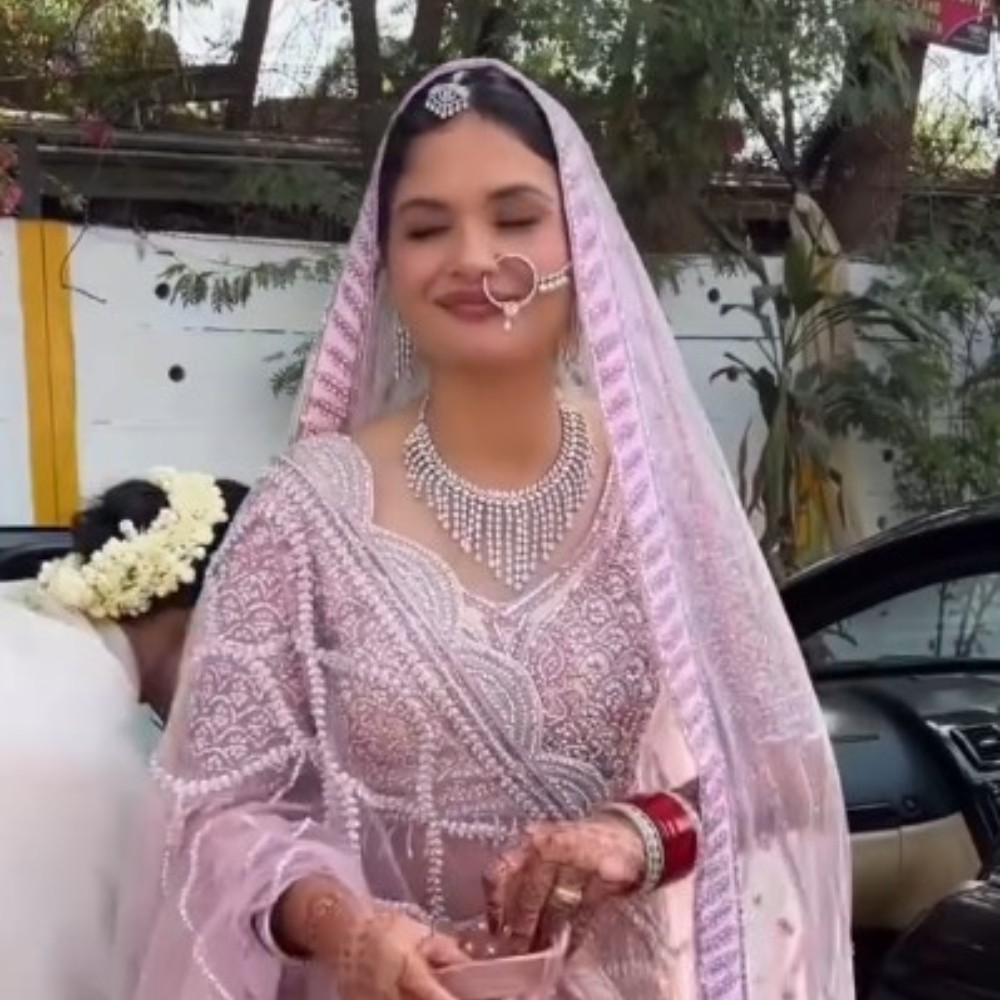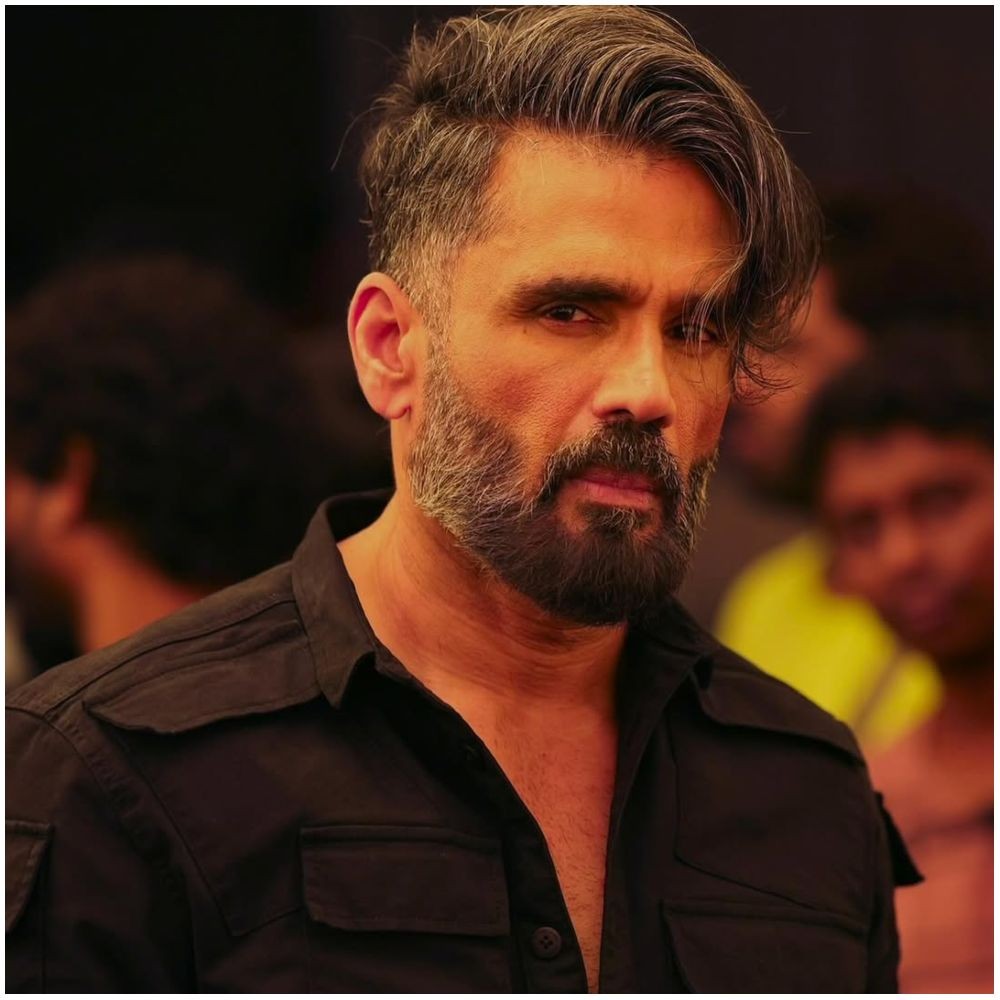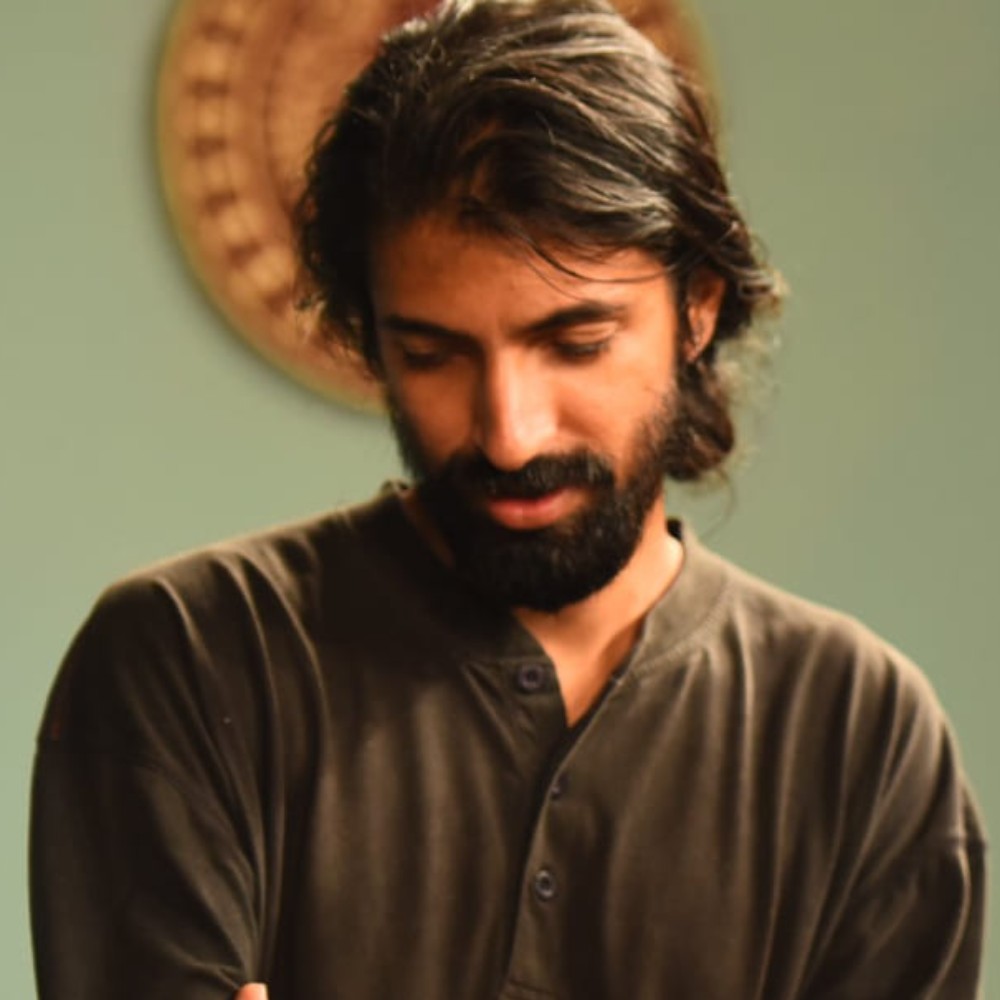9 Deewar dialogues that remain etched in our memories
Let's delve into some timeless dialogues from the 1975 film Deewar, featuring the legendary actor Amitabh Bachchan in a pivotal role.
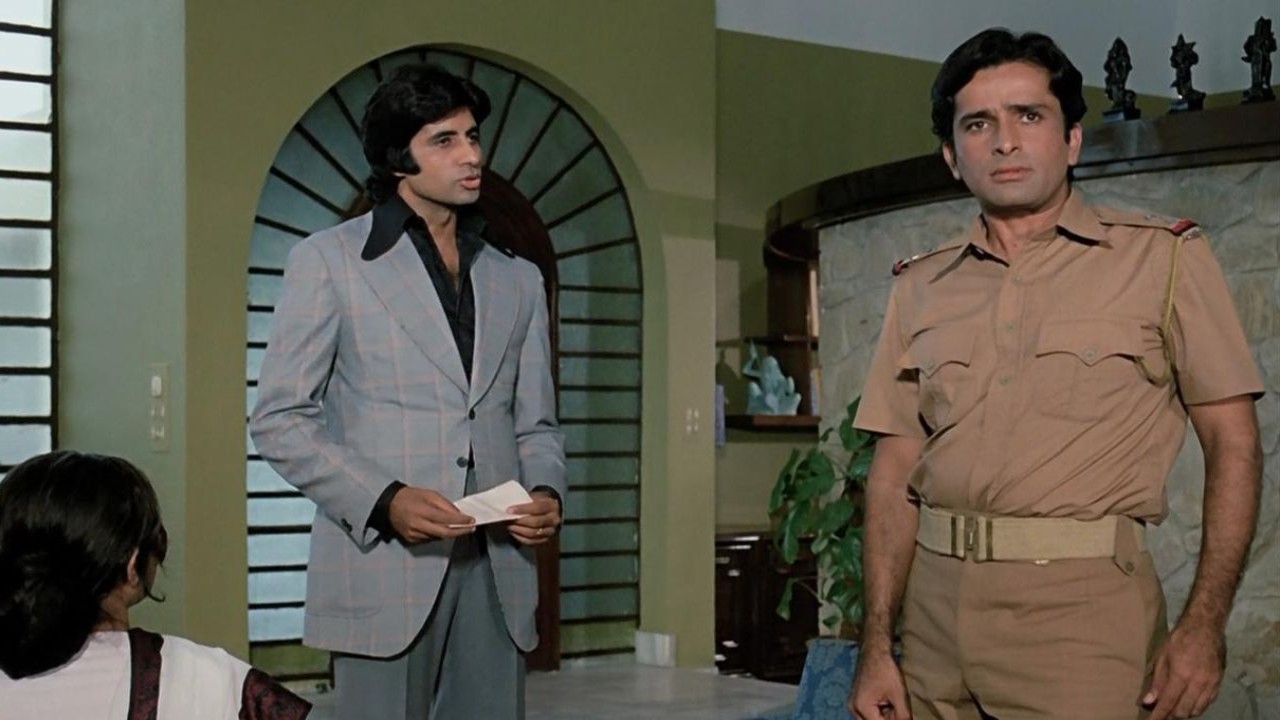
Deewaar, a classic Bollywood film released in 1975, directed by Yash Chopra and written by Salim-Javed, remains an iconic masterpiece in Indian cinema. The film, starring Amitabh Bachchan, Shashi Kapoor, Nirupa Roy, and Parveen Babi, is celebrated for its compelling narrative and powerful dialogues that continue to resonate with audiences to this day.
The iconic Deewaar dialogues echo through the annals of Indian cinema, carving a permanent place in the hearts of audiences across generations. These lines transcend mere dialogue, encapsulating the very soul of the film's storyline and the profound struggles of its characters.
Each dialogue from Deewaar resonates deeply with viewers, conveying the complexity of the characters' emotions and the moral dilemmas they face. Whether it's the heartfelt expressions of familial love and sacrifice or the intense confrontations that explore themes of morality and justice, these dialogues have a profound ability to evoke empathy and reflection in audiences, showcasing the timeless relevance of the film's narrative.
9 Deewar famous dialogues that are unforgettable
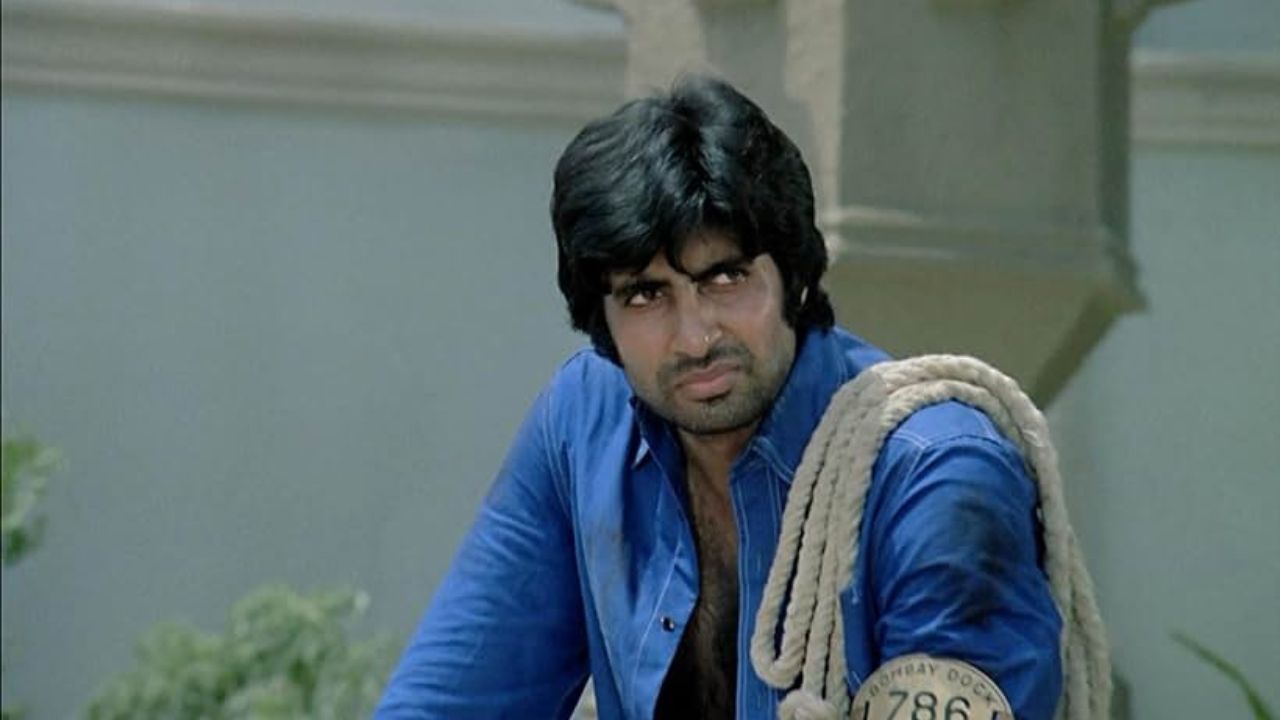
1. Aaj mere paas bangla hai, gaadi hai, bank balance hai, kya hai tumhare paas?
This Deewar dialogue, spoken by Vijay to his brother Ravi, emphasizes the contrasting lives and values they hold, shining a light on Vijay's wealth and Ravi's moral principles. Translation would be ‘Today I have a bungalow, a car, a bank balance, what do you have?’
2. Main aaj bhi phenke hue paise nahi uthata
This Deewar movie Amitabh Bachchan dialogues shows Vijay's rejection of stolen money demonstrates his steadfast principles and integrity, even amidst life's challenges. This Deewar film dialogue translates to ‘Even today, I do not pick up money that has been thrown away.’
3. Mere paas maa hai
One of the most famous dialogues! This heartfelt remark, uttered by Vijay during a confrontation, signifies the emotional richness he holds through his mother's love and sacrifices. Translation would be ‘I have my mother.’
4. Jao pehle us aadmi ka sign lekar aao jisne mera baap ko chor kaha tha
This Deewar movie dialogue showcases Vijay's insistence on justice and accountability from those who harmed his father and illustrates his resolve to address the injustices of the past. Translation would be ‘First go and get the signature of the man who called my father a thief.’
5. Main aaj bhi khuda se utni hi mohabbat karta hoon, jitni kal karta tha
In the timeless dialogue, Amitabh Bachchan's character, Vijay, expresses his unwavering faith and devotion despite the passage of time and the trials he has endured. Translation would be ‘Even today, I love God as much as I did yesterday.’
6. Aaj mere paas paisa hai, bangla hai, gaadi hai, naukar hai, bank balance hai, kya hai tumhare paas?
This repeated line emphasizes Vijay's material success and contrasts it with Ravi's moral standing, highlighting the conflict between the two brothers. Translation would be ‘Today I have money, a bungalow, a car, servants, a bank balance, what do you have?’
7. Main jitna bolta hoon utna sun-ne ko milta hai, par kehta kuch aur hoon
Deewar famous dialogue translates to ‘As much as I speak, I get to hear only that much, but what I say is something else.’
8. Mera baap chor hai
With this dialogue, Shashi Kapoor's character, Ravi, confronts his brother Vijay, played by Amitabh Bachchan, with the harsh reality of their father's criminal past. Translation would be ‘My father is a thief.’
9. Kaun kambakht bardaasht karne ko peeta hai? Main toh peeta hoon ke bas saans le saku
Amitabh Bachchan's character, Vijay, delivers a powerful statement encapsulating his defiance and resilience in the face of adversity. Translation would be ‘Who the hell can tolerate this? I drink so that I can just breathe!’
Deewaar, a 1975 Indian cinema masterpiece, was helmed by director Yash Chopra and featured a stellar cast including Amitabh Bachchan, Shashi Kapoor, Nirupa Roy, Parveen Babi, and Neetu Singh. Deewar dialogues, standout performances, and gritty depiction of Mumbai's underworld solidified Amitabh Bachchan's reputation as the epitome of the ‘Angry Young Man’ in Bollywood.
The film's soundtrack, composed by R.D. Burman, became immensely popular, with chart-topping hits like Keh Doon Tumhe and Maine Tujhe Maanga. Upon its release, it garnered critical acclaim and is hailed as one of the greatest Indian films ever made, leaving an indelible mark on the landscape of Indian cinema.
ALSO READ: 10 best Manjhi dialogues that never fail to inspire us





 JOIN OUR WHATSAPP CHANNEL
JOIN OUR WHATSAPP CHANNEL
